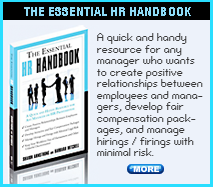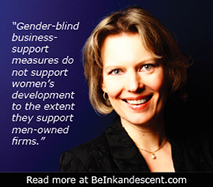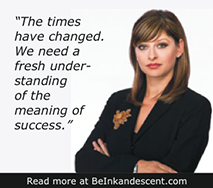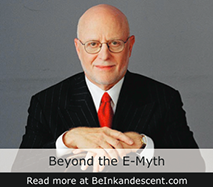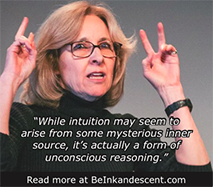
RISK is the topic we tackle in the August issue of Be Inkandescent Business Magazine.
For inspiration, we turn to renowned writer and professor Leo F. Buscaglia, PhD, author of such classics as “Love,” “Personhood,” and “Living, Loving, and Learning,” who says: “The person who risks nothing, does nothing, has nothing, is nothing, and becomes nothing. He may avoid suffering and sorrow, but he simply cannot learn and feel and change and grow and love and live.”
As a PR, marketing, and publishing company that focuses on helping entrepreneurs grow their businesses, all of us at Inkandescent PR believe that Dr. Buscaglia was spot on in his assessment. In fact, everyone on our staff was curious to learn the answers to these questions about risk:
Are all entrepreneurs natural risk-takers? Does success in business equate to taking calculated risks? Or are most risk-takers simply daredevils who are willing to risk it all? Do entrepreneurs have a predisposition to being willing to take a risk? Is it a personality type? Can a willingness to take risks be learned?
As it turns out, the answers are personal and unique to each entrepreneur — although we did find some commonalities. Some of the 18 entrepreneurs who wrote the columns you see on this homepage are cautious about taking risks — including College Funding Coach Brock Jolly who explains that while he enjoys taking risks in some of areas of his life — that’s not the case with planning for the financial future of his clients. Immigration attorney Cynthia Hemphill outlines tactics for minimizing risks for performing artists who are having trouble obtaining U.S. visas. Career specialist recruiter Paige Rhodes suggests that job-changers carefully assess the risk ratio before making a move in today’s economic climate.
Other Be Inkandescent Magazine columnists are more willing to leap in and take a risk, including our Entrepreneur of the Month: Dr. Ben Carson. The world famous Johns Hopkins Children’s Center neurosurgeon — who separates conjoined twins for a living — says that taking a risk is a good thing, but only when you have no other choice. “If you are sailing along smoothly in your life and business, why rock the boat? But if the boat appears to be sinking, you might want to take your chances and jump into the water.”
Scroll down to read our interview with Dr. Carson, and learn more about his book, Take the Risk.
Before you do, consider this research study: Scientists at Copenhagen University found that people with high levels of the gratification brain hormone dopamine — and those with low sensitivity to it — tend to be greater risk takers and may be more prone to addictive behavior, drug abuse, and gambling.
Women, we learn from another study, are incredibly big risk takers by nature. According to research by the Simmons School of Management in Boston, not only do female managers take more risks than believed, but they should also more actively seek out credit for their boldness.
To all you dopamine-driven gutsy risk-taking leaders out there, we leave you with these sage words from President John F. Kennedy: “There are risks and costs to a program of action. But they are far less than the long-range risks and costs of comfortable inaction.”
Here’s to your success!
Hope Katz Gibbs — Editor & Publisher, Be Inkandescent Magazine
Illustration (above) by Michael Gibbs
www.michaelgibbs.com / www.mglenwood.com


































